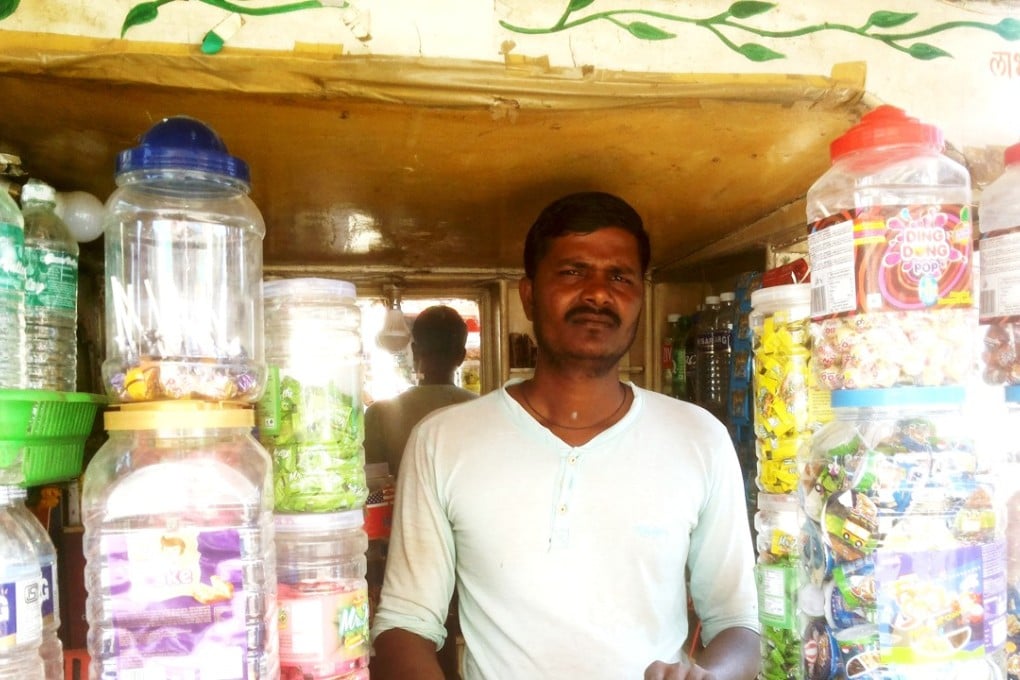India’s killer ‘godmen’ and their sacrificial children
A new law is aimed at stopping self-styled holy men from murdering and mutilating children to gain divine favour, but widespread ignorance and blind devotion still fuel the ritualistic killings

After her six-year-old son went missing in January 2017, Sarika Ingole, a homemaker, scoured every corner of her village in the western Indian state of Maharashtra to find him. But when Krishna, a class one student, was found 18 hours later, she chose not to look at him. The boy’s mutilated corpse was left only a few metres from his home. His clothes were torn, his belongings missing and his eyes had dozens of marks from needle piercings under them.
“They had slit his throat with a knife,” says Gouraba, 45, Krishna’s father. “And they had made a hole in the back of his head, as if with a drill machine. When we found him, we couldn’t believe someone could put a child through such barbarity – more astoundingly, why.”

Police investigations found the crime had been perpetrated at the behest of Krishna’s 40-year-old paternal aunt, Draupadi Pol. The accused, a tantric or holy man, had kidnapped the boy from near his home, stuffed a cloth ball into his mouth, bundled him into a jute sack, and a few hours later, slit his throat. The murder was an act of human sacrifice – committed to gain the favour of a goddess.
“Draupadi had approached a tantric passing by her village. She told him her home had been robbed of peace since her husband would often fight with her. He advised that if she could hack a young boy, and offer his blood and flesh to the goddess, the deity would be pleased, and harmony would be restored,” says Kiran Sagar, 53, a professor and social activist in Maharashtra’s Osmanabad district, where Krishna lived.
A few feet from the boy’s body, investigators found ingredients gathered for the sacrifice ritual – human skulls, bones, pictures of the Hindu goddess Kali, sandalwood paste, incense sticks and ghee. They also found a pit dug in the ground, where Krishna was to be buried.
“Draupadi had been digging that hole for a week before my son went missing,” says Sarika, 30, “When I asked her what it was for, she said she was building a temple. I’d helped her with the work. I didn’t know I was digging my own son’s grave.”